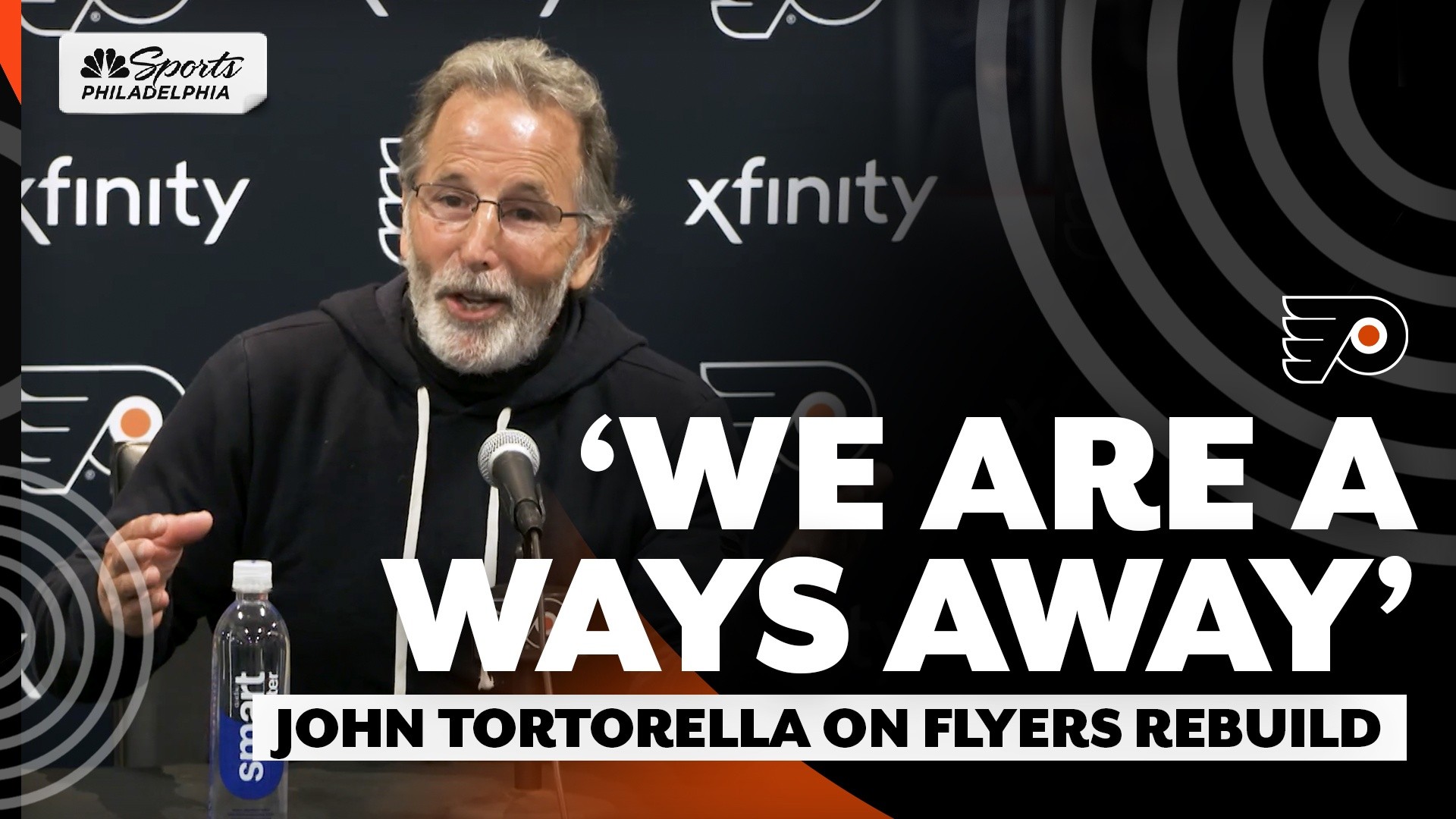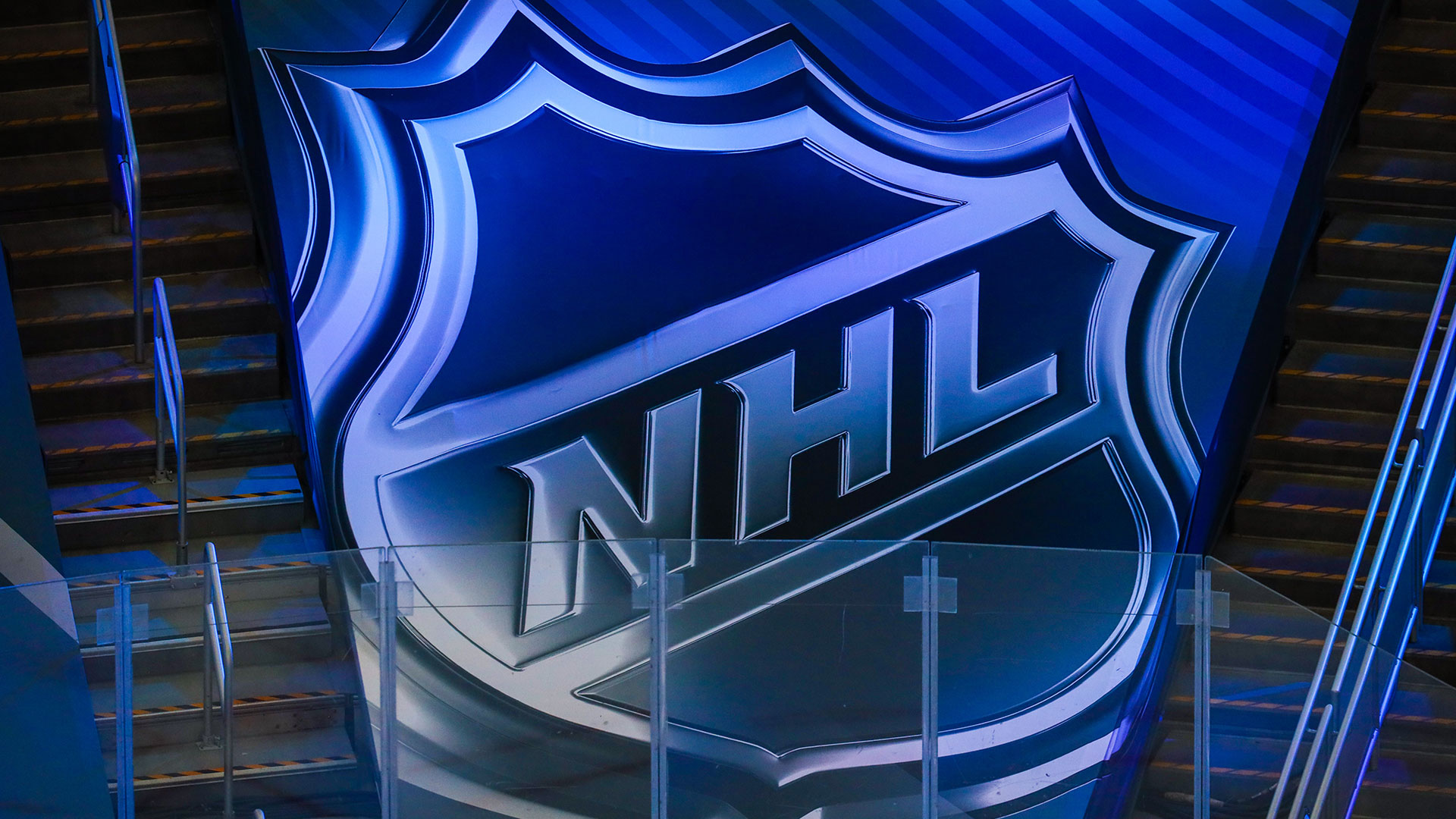
OTTAWA -- Dont look for substantive collective bargaining talks between the National Hockey League and NHLPA any time soon.
Based on comments from NHL Commissioner Gary Bettman and union executive director Donald Fehr, the serious discussions wont begin until the players' season has ended.
When their playing commitments end this year, that will give them a lot more time
and opportunity, to join the bargaining discussions, Fehr said, adding there will not be any big, formal meeting to kick things off.
Fehr and Bettman made their comments Saturday during All-Star weekend.
Privately, sources on both sides feel the meaningful discussions wont happen until the approach of current CBAs expiration -- Sept. 15.
Fehr said he planned to meet with Bettman next week to set up a schedule of what lies ahead while Bettman said the league was in no hurry to open serious talks now, anyway, and wants these discussions to proceed on a non-combative basis.
My guess is well have discussions in the not too distance future, Bettman said.
Were patient. Im not concerned about the time frame.
NHL
Deputy Commissioner Bill Daley added, that the league had canvassed its clubs and gathered input from owners and general managers and is well-prepared to engage, in talks.
Were certainly aware of what our financial situation is and where we are, Daly added.
Theres the rub. Fehr said that while the union has certain financial information covering nearly all clubs, it is lacking the complete picture.
There is significant information we don't have, Fehr said. We have overall revenues numbers for almost all teams. And we have player cost numbers. We dont have the rest of it.
He said the union is missing things such as club profit and losses, expenses and how those numbers impact overall revenues. He said the union lacks a comprehensive understanding of the leagues overall financial health at this point.
Neither side would discuss anything in specific, nor would they comment on what might loom as trigger points for change on either side.
The NFL got its players to take a significant reduction in player revenues last summer in its new contract from nearly 60 percent to 47 percent. There are rumors the NHL might want to cut the players current share from 57 percent to 50.
Obviously, I hope we dont go down that road player revenue reduction because we saw what happened in the other sports, Fehr said.
Baseball, he added, was far and away the most stable of any major sport on the labor relations front yet operates without a salary cap like the NBA, NFL and NHL.
Fehr said he wasnt suggesting no salary cap was the way to go, only that every sport is different in its finances.
I have said this any number of times, the negotiations are self-contained, Fehr said. Ownership differences, the nature of the sports is different, the economics of the four sports is different.
We use the same words. Free agency, salary arbitration, revenue sharing. But they dont mean the same thing between sport to sport or contract to contract. Lets be a little careful.
E-mail Tim Panaccio at tpanotch@comcast.net


